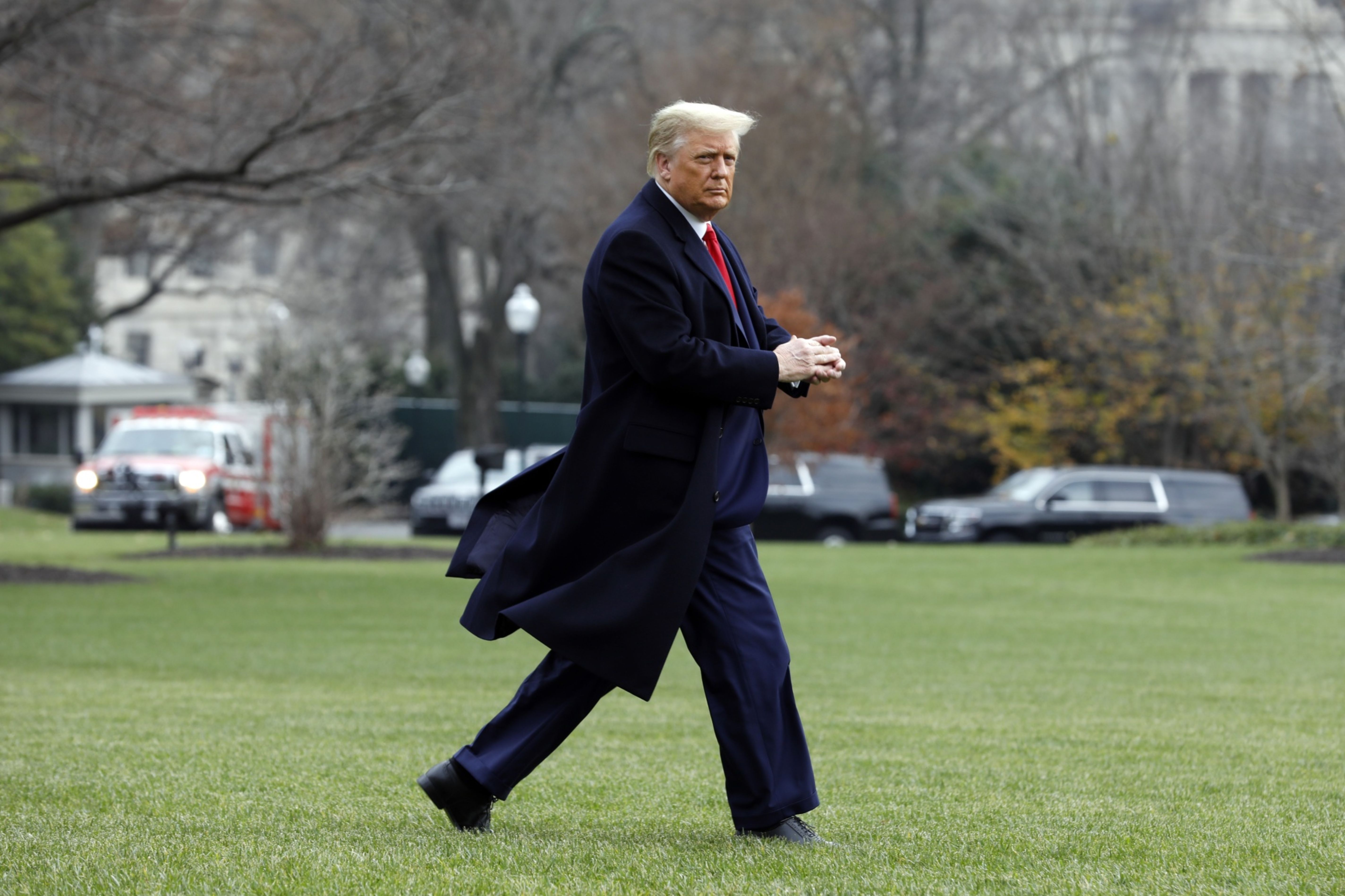A federal appeals court in Washington agreed with President Donald Trump that a lower court should decide whether Democrats in Congress must narrow their subpoena to his accounting firm for his financial records.
Trump argued that the case over documents held by Mazars USA LLP should be remanded to a district judge after the U.S. Supreme Court altered the standards for such subpoenas, while the House Oversight Committee urged the appeals court to rule on its own.
On Wednesday, a three-judge panel of the U.S. Court of Appeals sent the case to the district court for further proceedings, based in part on a recent letter from the House that said it would reissue the subpoenas when the new Congress starts if the matter isn’t resolved.
“We express no view as to whether this case will become moot when the subpoena expires or as to the merits of the parties’ arguments,” the appeals court said in a one-page judgment.
Democrats say they want to dig into Trump’s potential conflicts of interest, the possibility that foreign actors have financial leverage over him and reports that his businesses have links to Russian money-laundering operations. Democrats say each of those areas is a possible subject of legislation.
Trump denies any wrongdoing and has said he would release the returns after an audit is complete.
The judgment, the latest chapter in a long-running legal fight, is likely to set up another battle that could reach the Supreme Court over whether Democrats can get their hands on the full array of records they seek. The same appeals court authorized the House subpoena in October 2019, arguing that the Democrats had legal authority to demand Trump’s financial records.
But in July, the Supreme Court ruled 7-2 that the House could not compel the release of those records, at least for the time being. The case was sent back to the appeals court to assess whether the Democrats should narrow the scope of the information sought under the new standards devised by the high court, including that the subpoena should be “no broader than reasonably necessary.”
The appeals court then held a hearing in October and a decision was expected. But on Dec. 14, Trump’s lawyers advised the court that the case should be sent back to a district judge, as a similar case involving Deutsche Bank records had been by the Court of Appeals in Manhattan.
“Plaintiffs respectfully ask this court to do the same,” Trump’s attorney William Consovoy said in the letter.
The House Committee responded with a letter on Dec. 21, urging the court to issue a ruling.
“Unlike Deutsche Bank, this case is fully briefed and was argued two months ago,” the committee said.
The committee also signaled it would reissue the subpoenas, forcing Trump to personally fight the demands instead of being represented by the Justice Department.
“It remains critically important that the Oversight Committee — and the House more broadly — be able to secure prompt subpoena enforcement without the risk that investigative subjects will thwart its efforts through litigation delay,” the committee said in the letter.